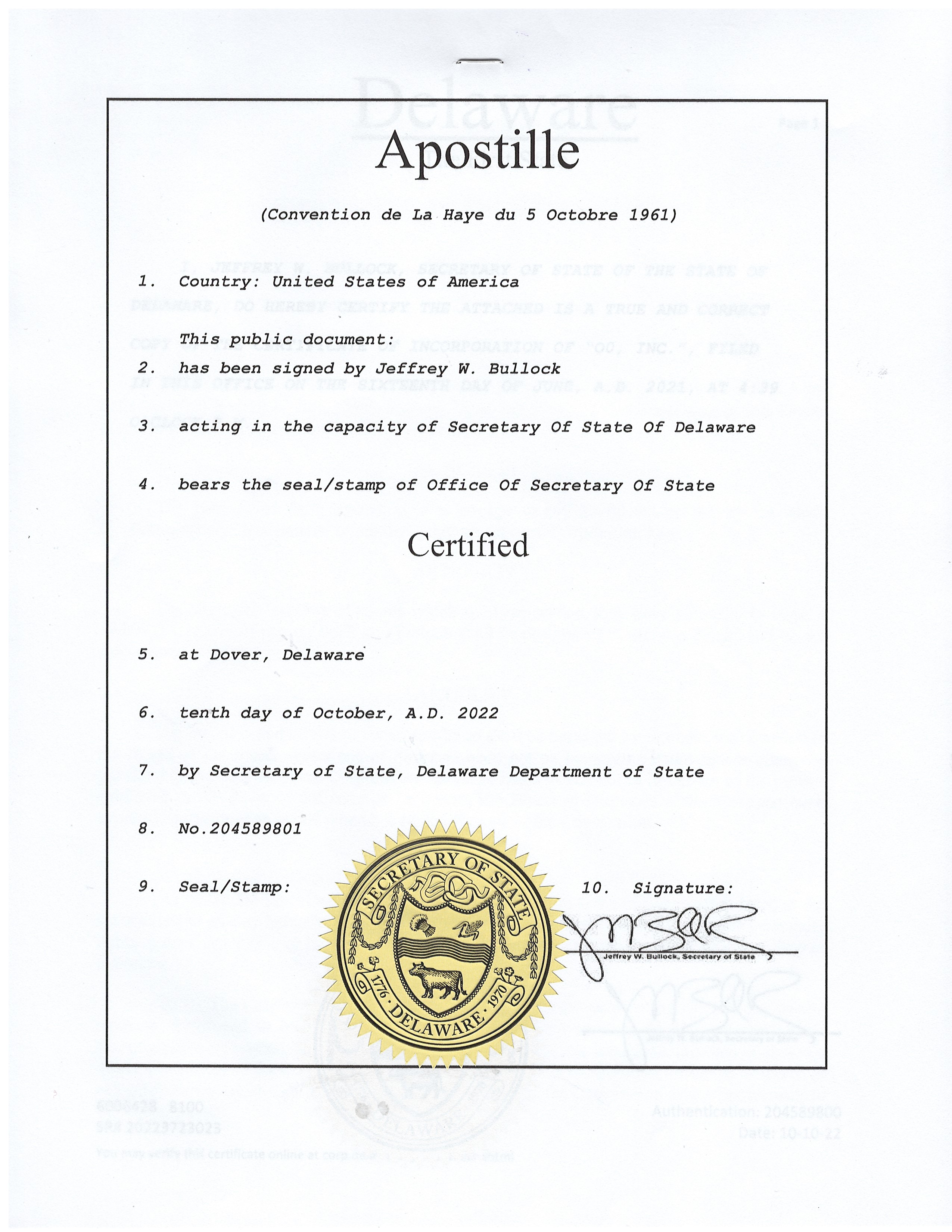Apostille Services in Houston: Simplify Your Document Legalization
Digging Into the Reasons Behind the Compulsory Requirement of Apostille Certification for Legal Documents
In the world of legal paperwork, the obligatory requirement of apostille accreditation has come to be a vital element that considerably affects the credibility and acknowledgment of lawful papers on a worldwide scale. Understanding the reasoning behind this necessity entails delving right into the intricate web of lawful complexities, historic precedents, and global agreements that highlight the importance of apostille qualification in today's interconnected world. By discovering the underlying factors behind this prevalent requirement, a more clear image emerges of why this apparently administrative process holds such immense value for companies, individuals, and governments alike.
Historic Development of Apostille Certification
How did the principle of apostille certification develop in time to become a crucial component of worldwide document recognition? The historical advancement of apostille accreditation go back to the early 20th century. The demand for a simplified method of validating records for usage across borders emerged as global trade and traveling boosted. In feedback to this need, the Hague Conference on Personal International Legislation presented the Apostille Convention in 1961. This global treaty established a structured procedure for licensing the credibility of records to be acknowledged in member countries.
Originally embraced by a couple of European nations, the Apostille Convention progressively got worldwide approval because of its efficiency and effectiveness in verifying the legitimacy of main documents. Over the years, the convention's reach broadened as more countries joined, recognizing the apostille as a generally accepted type of file authentication. Today, apostille accreditation has ended up being a common demand for verifying legal papers in international transactions, ensuring smooth interaction and lawful procedures between countries.
Simplifying International Record Legalization
The streamlining of global record legalization treatments has substantially boosted efficiency in cross-border deals. Streamlining the process of legalizing papers for global use has ended up being crucial in helping with swift and smooth purchases in between countries. One of the essential devices that have actually added to this simplification is the adoption of the Apostille Convention, which offers a standard approach for validating the credibility of documents across taking part countries.
By sticking to the Apostille needs, nations concur to recognize each other's public files as valid without the requirement for additional legalisation. This gets rid of the extensive and usually difficult process of multiple authentications by various authorities, conserving time and sources for organizations and people involved in global tasks.

Making Sure File Authenticity and Validity
To make certain the click reference authenticity and credibility of lawful files in global transactions, rigid confirmation processes are crucial. By requiring apostille accreditation for lawful papers, authorities aim to confirm the origin of files and validate the signatures of individuals entailed.
Furthermore, confirming the credibility of lawful files with apostille qualification boosts count on and self-confidence amongst events engaging in international deals. It supplies guarantee that the records presented are genuine and lawfully binding, consequently lowering the risks connected with deceptive activities. Furthermore, making sure record legitimacy through apostille certification simplifies the legalisation process, making it a lot more efficient and reputable for people and organizations carrying out business throughout borders. Ultimately, by maintaining stringent confirmation criteria, apostille qualification adds to an extra clear and safe worldwide legal framework.

Facilitating Cross-Border Legal Recognition
In the world of global deals, the apostille accreditation not only ensures the credibility and legitimacy of lawful papers however additionally plays an essential function in promoting cross-border legal acknowledgment (Houston Apostille). When legal papers bear an apostille certification, they are easily accepted by foreign authorities without the demand for further verification. This structured procedure speeds up the recognition of papers in various countries, advertising efficiency and decreasing administrative difficulties in lawful issues that transcend national borders
Assisting in cross-border lawful recognition with apostille certification cultivates trust fund and self-confidence in the authenticity of records exchanged between countries. By sticking to the standards set forth by the Apostille Convention, nations concur to recognize the apostille seals affixed to files from other member nations, therefore streamlining the procedure of legal recognition across boundaries.
Conformity With International Treaty Standards
Conformity with international treaty criteria is crucial for guaranteeing the uniform application of lawful guidelines across taking part nations. The Apostille Convention, established in 1961, describes the demands for the acceptance of public files amongst member countries. By adhering to the standards established forth in this treaty, nations dedicate to identifying the validity of each various other's official documents without the requirement for further authentication - Houston Apostille. This common acceptance enhances the process of cross-border record recognition, advertising efficiency and lowering bureaucratic obstacles.
The Apostille qualification, as mandated by the treaty, works as a guarantee of authenticity for documents such as birth certifications, marriage licenses, my blog court judgments, and notarized deeds. This standardized method aids protect against fraudulence and makes sure that legal papers originating from one member nation are readily accepted in an additional. By abiding with worldwide treaty criteria, nations show their dedication to supporting the concepts of openness, count on, and participation in legal matters on an international scale.
Conclusion

In the realm of lawful see it here documents, the obligatory demand of apostille qualification has actually become a necessary facet that significantly affects the legitimacy and acknowledgment of lawful papers on an international scale. Today, apostille accreditation has actually come to be a basic demand for verifying lawful documents in global purchases, making certain smooth interaction and lawful process between countries.
Moreover, verifying the authenticity of legal documents through apostille certification enhances trust and confidence amongst events involving in worldwide deals.In the realm of international transactions, the apostille certification not just makes certain the credibility and credibility of legal files but also plays a crucial duty in assisting in cross-border legal recognition. By sticking to the criteria established forth by the Apostille Convention, nations concur to recognize the apostille seals attached to files from various other participant countries, thus streamlining the process of legal acknowledgment across borders.